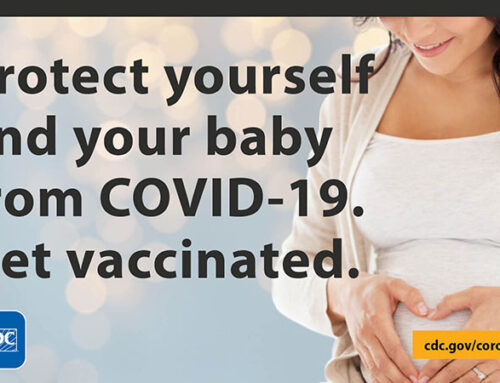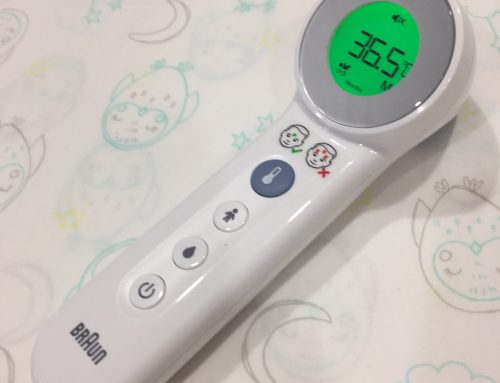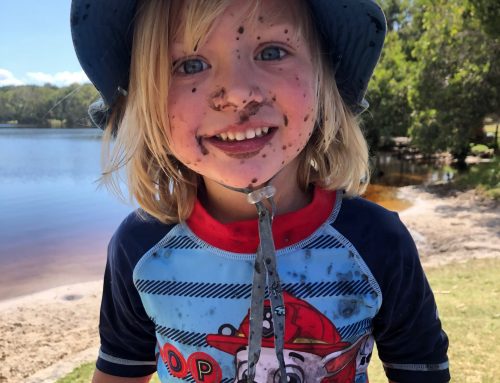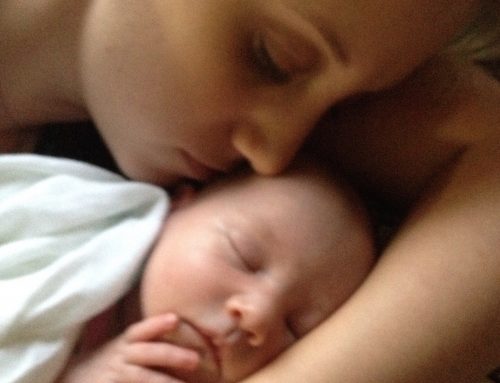and it is the under-1 year-olds that are the most severely affected with nearly 1% of the infected dying from it.
The incubation period is between 4 – 21 days and during this time it is highly contagious with up to 80% of the unvaccinated catching it.
The main reservoir of infection is in adolescents and young adults (whose personal immunity has worn off). But for all of us (even if we get the native infection) the antibody level (hence our immunity to the disease) wanes over a couple of years.
The horrible disease is that of a lung infection with thick sticky mucus. After a few days of a ‘cold-like’ illness, the bouts of coughing start. Such is the irritation of the mucus and the difficulty in coughing it up, the patient can cough hard and repeatedly, emptying their lungs of air, before a violent inhalation causes the characteristic ‘whooping’ sound (pronounced ‘hoop’, by the way).
Adults have been known to break a rib or rupture a disc in the neck with the violence of the coughing fit.
Babies however most often just present with stopping breathing (‘apnoea’), and when they contract the infection, they can get many complications including pneumonia, seizures, brain swelling and even death.
How can we protect our vulnerable babies?
Since the late 1990’s we’ve had the acellular vaccine which is remarkably safe and effective. Unfortunately it doesn’t generate enough antibodies in babies under 6 weeks of age. To protect them after that they need a full course of vaccinations (at 6 weeks, 4 and 6 months), and then get boosters at 12-18 months and before entering school.
There are two strategies to protect them before this age:
1) Vaccinate mothers during the pregnancy between 27 and 36 weeks gestation.
This works in a couple of ways.
It immunises the mother so she won’t catch the infection and pass it to her baby.
It also sends her anti-whooping-cough antibodies across the placenta to her foetus. These antibodies last a few weeks and protect the baby until the time of vaccination.
2) ‘Cocooning’. This means vaccinating everyone who comes into contact with the baby in the first weeks: parents, grandparents, siblings, and friends who want to visit the baby. A single booster is sufficient, such as ‘Boostrix’ (which also gives a boost to diphtheria and tetanus antibody levels too).
Nevertheless, due to the waning immunity in your blood it is appropriate to get another booster shot even if you had one 2-3 years before with another pregnancy.
The acellular vaccine has been shown to be completely safe to mother and baby during pregnancy.









Thank you so much for this detailed information, especially for the information on how a pregnant mother being vaccinated benefits the baby. I have a few questions which I hope you won’t mind answering:
Just how protected are babies after each round of vaccinations? What is the probability of them catching whooping cough – i.e. at 6 weeks, 4 months, 6 months and 1 year? If the baby caught whooping cough, how much better would their chances of a full recovery be after each vaccination?
I had a booster of Boostrix 3 years ago after my first pregnancy. I now have a 7 week old bub (who had her first round of immunisations last week), should I get another booster shot?
For details of your questions check out http://www.health.gov.au/internet/immunise/publishing.nsf/Content/handbook10-4-12
1) “Vaccine efficacy of DTPa vaccines with three or more antigens has been reported as 71 to 78% for preventing milder symptoms of pertussis and 84% for preventing typical disease. Epidemiological data suggest that receipt of the 1st dose of the primary DTPa course significantly reduces the incidence of severe pertussis disease in young infants, as measured by hospitalisation rates. However, there is a growing body of evidence that immunity following DTPa, and in turn vaccine effectiveness, wanes over time. In Australia, the effectiveness of 3 doses of pertussis-containing vaccine declined progressively from 2 years of age, to less than 50% by 4 years of age, in children aged 1–3 years who had not received an 18-month booster dose.”
So it offers good protection after even one shot and, if the baby catches the disease it is much less serious in its effects.
2) “Vaccination of pregnant women with dTpa has been shown to be effective in preventing pertussis disease in newborn infants via the transfer of maternal antibodies in utero. Vaccination of mothers at least 7 days before delivery reduced pertussis disease by 91% in infants <3 months of age. However, the level of pertussis antibody required in the pregnant woman to achieve this level of protection and the impact of waning pertussis immunity in the mother are not known. On the one hand, pertussis-specific IgG levels in maternal and umbilical cord serum of mother-and-newborn pairs show significant antibody decay over a 2-year interval between pregnancies. On the other hand, pertussis antibody levels in the cord blood of infants whose mothers were vaccinated approximately 13 months previously (following birth of an older sibling) were significantly higher than those in cord blood of the older sibling prior to maternal vaccination."
So yes, another shot will do no harm and will boost your antibody levels
Thank you for the information. Could you please tell me if the combination of the third trimester booster and the six week shot provide greater protection. How long do the maternal antibodies protect the baby – is it greater than three months?
Maternal antibodies have a half life of three months – so they are at half the protective level at 3 months rather then totally disappearing. The booster and the 6 week shot is good protection for all.
Thank you Dr Uilton for the information. I am 31 weeks pregnant now with second baby – Only 13 months gap between two children. Do I need to get another vaccine now for this pregnancy? – as my last shot was just received in Apr 2015 right after Bub was born, so just a year ago. Thank you.
No your vaccinations status is just fine. Official recommendation is for 10 years between Boostrix doses but I prefer 5 years as the antibody level do decrease to low levels by then. But you’re all set.
Will my baby be instantly protected after her 6 week shots? I have been cocooning her until the first round of vaccinations but would love to introduce my baby to the rest of my family and friends. When is it safe to do that post vaccinations?
She develops some antibody after the six week shot, then a higher level after the next one, and higher still after the third. But after the first does have significant protection.